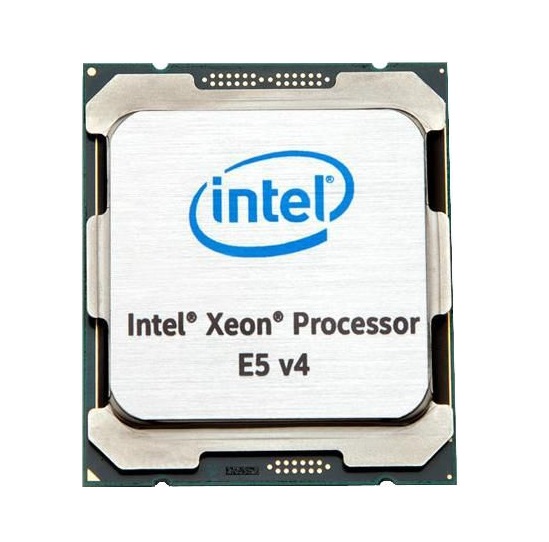CPUs and Processors
Welcome to our online store, where we offer a wide range of CPUs and processors for your computing needs. Whether you're building a new computer or upgrading your existing system, we have the right CPU or processor for you.
CPUs (Central Processing Units) and processors are the most important component of a computer system. They are responsible for executing all the commands and processing data. A good CPU or processor can make a significant difference in the performance of your computer, making it faster and more responsive.
Benefits:
High performance:A good CPU or processor can significantly improve the performance of your computer, making it faster and more responsive.
CPUs (Central Processing Units) and processors are the most important component of a computer system. They are responsible for executing all the commands and processing data. A good CPU or processor can make a significant difference in the performance of your computer, making it faster and more responsive.
A laptop hard drive is a crucial component of a laptop that stores and retrieves data. A laptop hard drive is a non-volatile storage device that uses magnetic storage to store and retrieve digital information. In general, laptop hard drives come in two types: hard disk drives (HDDs) and solid-state drives (SSDs). Laptop hard drives offer a large storage capacity, ranging from a few hundred gigabytes to several terabytes. This makes it possible for laptop users to store all their important files and documents without worrying about running out of space. Hard drives are built to last, and laptop hard drives are no exception. They are designed to withstand everyday wear and tear, such as bumps and shocks, making them a reliable choice for data storage. Hard drives are generally less expensive than solid-state drives, making them a cost-effective option for users who need a lot of storage space but don't want to break the bank. HDDs are the traditional type of laptop hard drive. They use spinning disks to store and retrieve data. They are known for their large storage capacity, but can be slower and less durable than SSDs. SSDs are a newer type of laptop hard drive that use flash memory to store and retrieve data. They are faster and more durable than HDDs, but tend to have a lower storage capacity and a higher price tag. In HDDs, data is stored on spinning disks called platters. The platters are coated with a magnetic material that stores data in a series of 1s and 0s. The read/write head is a small electromagnet that reads and writes data to the platters. The actuator arm is a mechanical arm that moves the read/write head across the platters. The controller is a small chip that manages data transfer between the hard drive and the rest of the computer. Heat is one of the biggest enemies of laptop hard drives. Excessive heat can cause the hard drive to fail prematurely, so it's important to keep the laptop cool. Regularly backing up important data is a good practice for all computer users, but it's especially important for laptop users who are constantly on the go. Most laptops come with built-in diagnostic tools that can check the health of the hard drive. Running these tools periodically can help detect and fix any errors before they become a serious problem.Laptop Hard Drive
Benefits:
Large storage capacity:
Durability:
Cost-effective:
Types:
Hard disk drives (HDDs):
Solid-state drives (SSDs):
Components:
Platters:
Read/write head:
Actuator arm:
Controller:
Maintenance:
Keep the laptop cool:
Backup regularly:
Check for errors:





